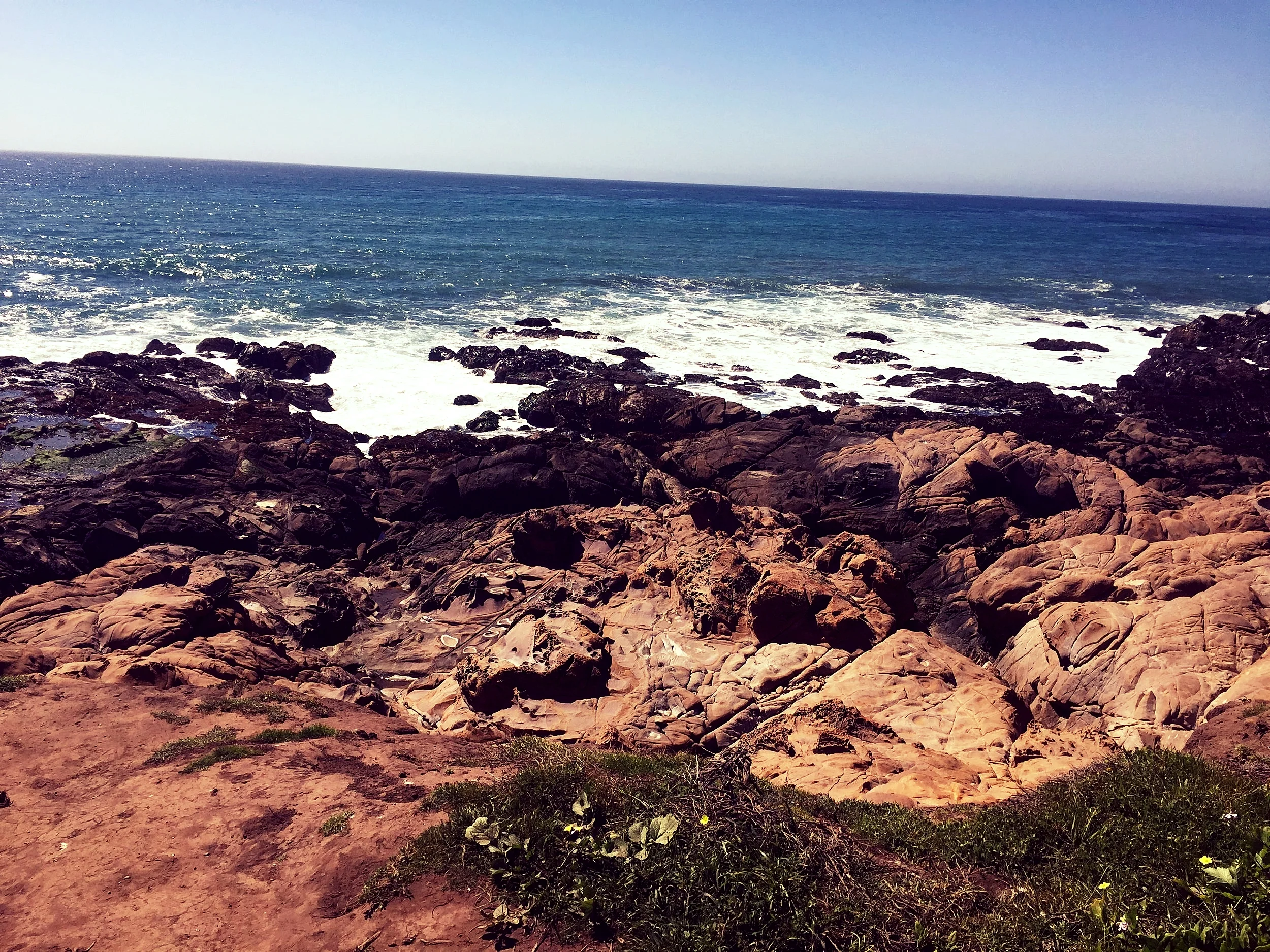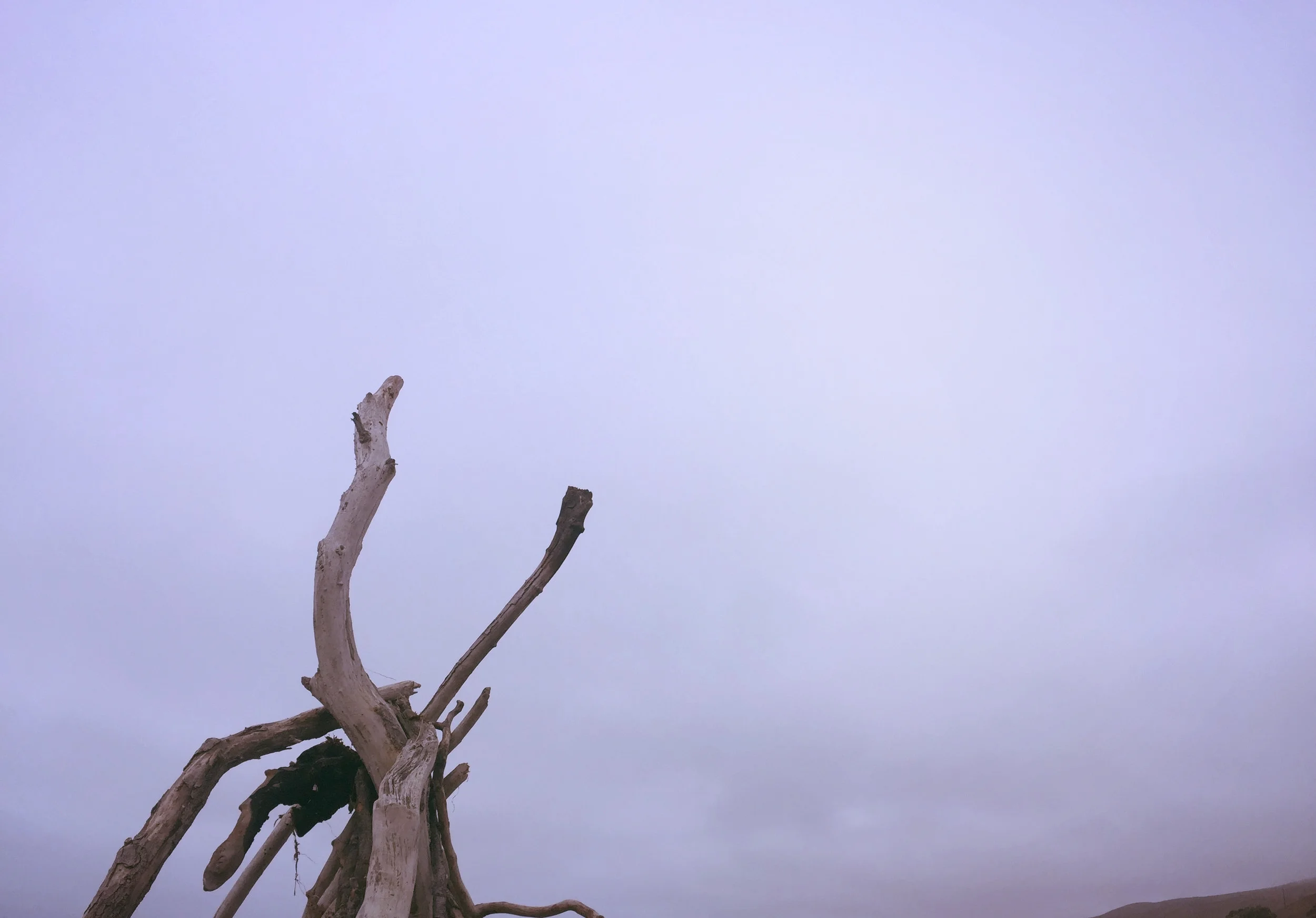Pride and Prejudice
CW: stalking and sexual harassment
When puberty starts, many of us must face the sex talk. Not just the ones given to us by our parents or teachers, but also the ones many of us have with our friends and peers. Middle school was a very constricting place. There’s a saying that goes “curiosity killed the cat.” It’s never once resonated with me. I was never curious… but I was scared. In middle school, I was scared to be judged, categorized, ostracized, and most of all… alone.
Being different was frightening in this environment. There was such an undeniable feeling of peer pressure to conform to societal standards, which is why I always felt like I had to conceal my asexuality. Unlike other sexualities, if you don’t bring up sex, you don’t really feel pressured to talk about it. It had been an easy dodge for me, until my adolescence.
My situation only worsened in high school. Thoughts of losing one’s virginity are pervasive in imaginings of high school student life and are thought to be a part of the high school experience. My first year of high school became far too real for me. I would countlessly overhear porn and sexual fantasies from old friends. It was a time when I had to endure the complexities of growing into my body, being catcalled on the street, dating, and being surrounded by outright misogynistic peers. My peers would sexualize my body, and force unsolicited verbal advances upon me:
“You probably sleep around a lot because you have the body for it.”
“I wish I had your boobs; I’d hook up with all the guys.”
“Why don’t you show some cleavage? What’s the point of having boobs then?”
“Don’t you feel ashamed for wearing that? You’re just asking for it.”
My experience as a Latina seemed to exacerbate these responses further. People would assume, just because I was Latina, that I was inherently more sexual. Latinas are often perceived to be sexy women who are passionate with voluptuous bodies and curves, which may seem positive, except when those stereotypes are reinforced upon you unwillingly. Without a choice, I would get comments from people who looked at my body rather than me as a person:
“Your hips don’t lie.”
“You have to sleep around because you’re Latina, right?”
So, when I told people that I was asexual, I wasn’t believed. My asexuality was seen as a cover up for being “prude,” “celibate,” or “inexperienced.” Whenever I mentioned how uncomfortable I felt talking about sexual acts in depth, or how I wasn’t interested in hooking up with anyone, I felt pushed aside and ignored:
“You have to have sex. Have you really tried everything? You can’t be asexual.”
Eventually, I gave in.
I started dismissing my own feelings for the approval of others. I was losing focus of my own identity, with the endless voices in my head screaming: “This isn’t right, this isn’t who you are.” The one screaming the loudest was, “I want to be normal.” This newfound feeling as a 14-year-old was dangerous. It was a danger that I couldn’t get away from, growing more intensely by the minute. I caved into a point of almost no return. I started seeking validation of my worth from others. This search for validation led me to the worst two years of my life. I sunk into such a deep anxiety that I still suffer from to this day.
This anxiety stems from a few factors, but it originated from a person who I thought I knew. For the sake of privacy, I will call him Antonio. Antonio was the first of few people I was able to share nearly anything personal with, including my asexual experience. I considered him a close friend who I had mutual interests with. The spring of my freshman year of high school, he began acting different towards me. He started flirting and being touchy with me. It was a side I had never seen before. Soon, I realized he had a crush on me, but I never felt the same.
The one-sided love on his end transformed into anger and frustration. He would go weeks or months without speaking to me and blamed it on his home life. When we did talk, if I rejected him again he would leave for a while. He wouldn’t talk to me at school, and his anger and frustration only worsened because we lived a block away from each other. When friendship turned to anger, and multiple red flags began rising, I was naive. So terrified of being alone, I thought I could fix what was already broken.
Sometimes things that are broken cannot be fixed. I ended up learning that the hard way. Living a block away from Antonio was an ordeal. He would follow me home, stalk my social media, gang up on me, and try to get physical with me.
In May 2014, I was making my way home from high school. I took the s56 bus that stopped two blocks away from my old house. There were two of the same buses that stopped. I rode the first bus, and Antonio rode the second one. I started walking down the block, taking the long route because it was a beautiful spring day, and I felt like listening to music while enjoying the weather. The flowers were blossoming, and everything looked so perfect. When I looked back at the buses he was running down the other block, and I didn’t think anything of it at the time. At that time, in May, we hadn’t talked for a couple of months. When walking down the second block, which I lived on, I decided to walk up like usual instead of around the block because I saw him waiting for me. I thought nothing of it, and just thought he wanted to talk. When we met up, it felt like usual. We just talked, and he asked me about my day. Nothing felt off except he didn’t usually go out of his way to walk the opposite way as me. If he saw me walking he would normally just call me over. We were friends. Suddenly, in the middle of talking… he kissed me.
I was horrified.
“Don’t tell anyone,” Antonio said.
I couldn’t think, speak, or move. I’ve rejected him three times, but three times was not enough for him. While walking home, I started crying and trembling with disbelief. My mother was waving at me by the mailbox outside the house with our new puppy, oblivious to what had just transpired. By the time I got to my house, I had wiped away all my tears, so I didn’t have to explain to my mother why I was sad. My puppy leaped out of my mother’s arms and ran to me. Everything faded, and I felt so relieved for a moment. There was nothing else in that moment except for my family.
A moment didn’t last.
Days later, my phone was being spammed with notifications. They were messages from Antonio attempting to apologize.
I couldn’t forgive him.
Actions speak louder than words. Accepting an apology from him would make it seem like what he had done was right.
It was wrong.
Even while blocking Antonio on social media, he still found ways to try to contact me by making new accounts or by bothering old friends to contact me.
The stalking online and in-person persisted until the end of my sophomore year of high school in 2015.
‘No’ was never an acceptable answer to him, always a ‘maybe.’ A ‘maybe’ turned into depression, fear, but, most of all, anxiety. I kept asking myself:
“What am I doing to make him stalk me?”
“What have I done wrong? Was I giving the wrong signals?”
“Why can’t he accept I don’t like him?”
“Is my asexuality causing him to hurt me like this?”
“Does he view me as weak because I’m a woman?”
Countless nights of not being able to sleep with agonizing worries about my safety almost pushed me to the point of isolation once again in my life. Towards the end of my middle school years, I lost most of my friends. I felt like an outsider, not only in my own friend group, but also at school. Getting out of bed was physically draining. My grades were slipping along with my motivation, and I couldn’t figure out what was wrong with me. I didn’t speak, and the months leading up to graduation were a blur, but I remember how I felt. I was angry at myself for being uncomfortable with a topic that came so naturally to everybody else except me. When I lost my friends, very few stayed. Months before graduation I attempted to open up, and I let someone in when I shouldn’t have. Antonio misunderstood my kindness for weakness, and my longing for a friend as a longing for him. When finding out about my asexuality, he negated who I was for his own desires. Not wanting to have sex or an intimate relationship with someone should never put you at risk of harm. A threat of a restraining order should not be the reason for threats to stop. Never feel guilty for being authentically yourself.





